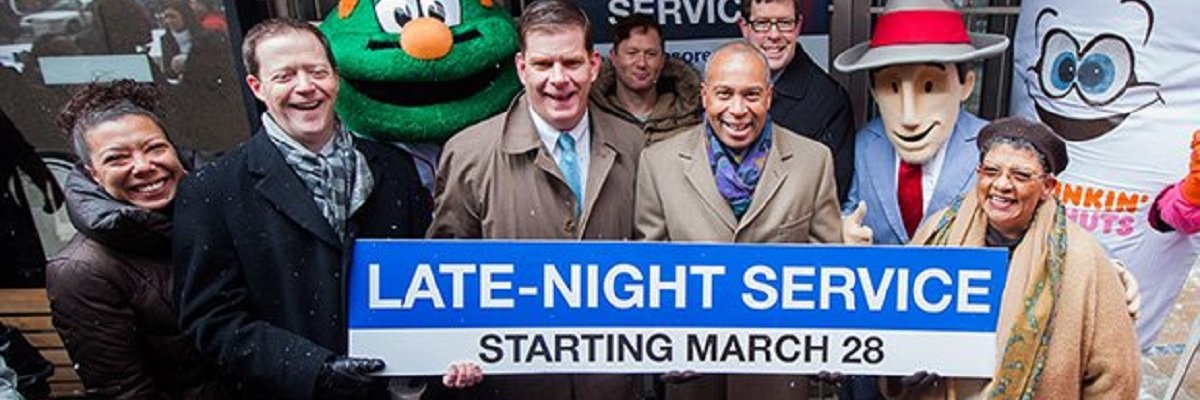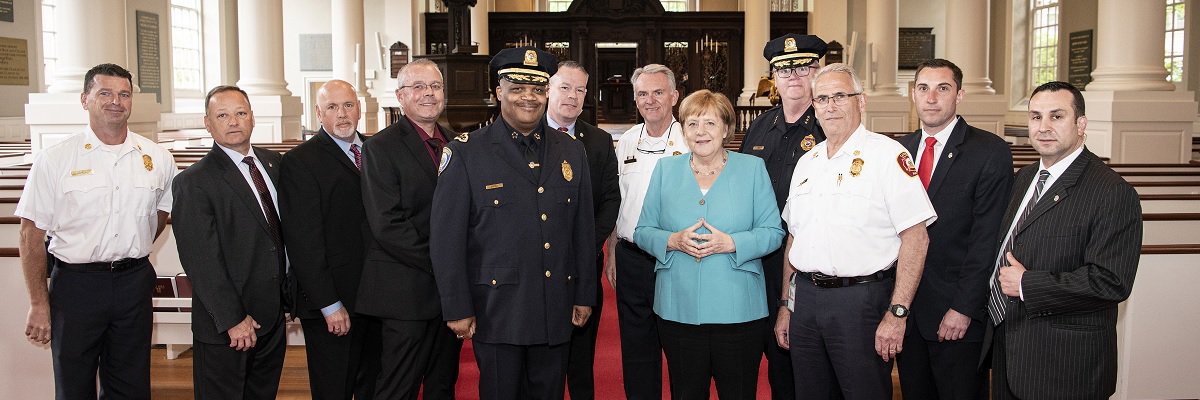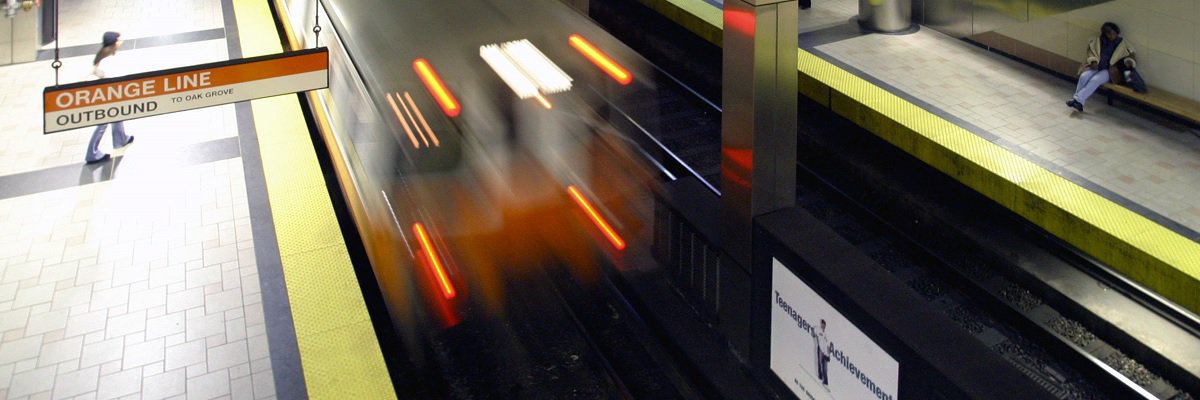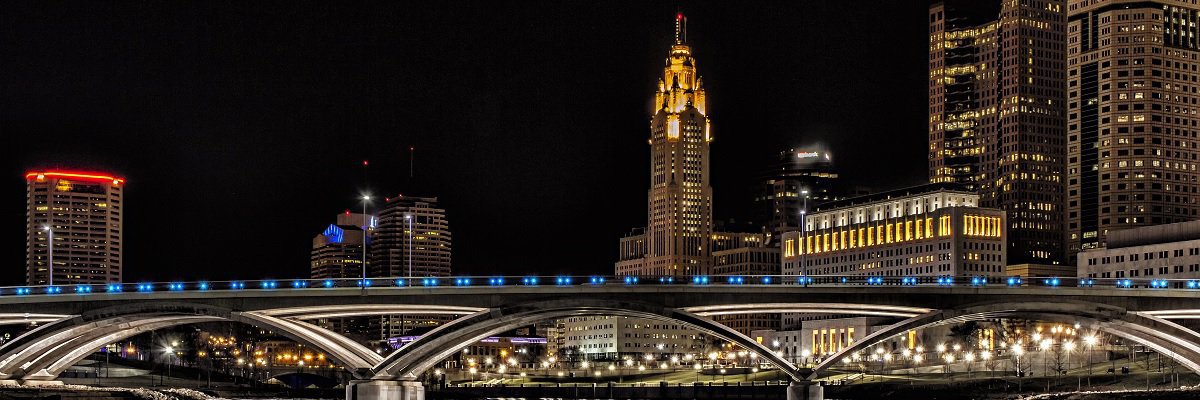Tonight marks the beginning of the Massachusetts Bay Transportation Authority’s pilot study of extended late night service. For the next year, Boston’s subway and select bus routes will run until 2:30am on Friday and Saturday nights.
While the MBTA cites specific cost and labor figures for introducing late night service, officials say they have no documents to support them.
In response to a records request for “all studies or reports regarding the logistical and fiscal feasibility of offering late night MBTA service,” the MBTA answered that it had “no existing, responsive documents.”
MBTA spokesperson Joe Pesaturo confirmed that the MBTA has not conducted any feasibility studies for late night service.
“The MBTA will use the data collected over the course of the pilot program to measure the performance of the program and to help make post-pilot decisions,” says Pesaturo.
Pesaturo indicated that the pilot program “carries a projected cost of approximately $20 million” and said that the MBTA is hiring 109 new employees as part of the rollout. But when pressed for documents or reports to support these projections and determine labor needs, Pesaturo simply reiterated that the MBTA had not conducted a feasibility study.

“There is no feasibility study, nor documents to support a feasibility study,” he responded by email. “Late night service is a one year pilot program. The MBTA will use the data collected over the course of the pilot program to measure the performance of the program and to help make post-pilot decisions and for reports prepared.”
This is not the MBTA’s first late night experiment. As described by Pesaturo, the MBTA offered “Night Owl” bus service from 2001 to 2005, but shuttered the program due to low ridership.
“The new late night service is more precisely targeted to Friday night (i.e. Saturday a.m.) and Saturday night (i.e. Sunday a.m.) and unlike Night Owl, includes rail service, increasing capacity and simplifying access to service for customers,” writes Pesaturo. “With Night Owl service, rail routes were served by buses, sometimes with connections, routes and start and end points that were not necessarily convenient for customers.”
Given the previous failure of Night Owl service and intense scrutiny of this latest pilot program, it would be incredibly surprising for the MBTA to have no pre-launch projection reports. While MBTA officials confirm that the agency has not conducted any feasibility studies, this latest undertaking could not have — or ought not have — moved forward without a solid analytical foundation.
At bare minimum, the MBTA must have briefed policymakers and stakeholders, including the mayor and governor, as well as MBTA staff union representatives, on the feasibility of introducing late night service. The specific figures cited by Pesaturo must have come from somewhere.
MuckRock has filed an appeal with the Supervisor of Records for the release of such pre-launch reports. Sadly, but unsurprisingly, that appeal was rejected.
Image via Mass.gov.




